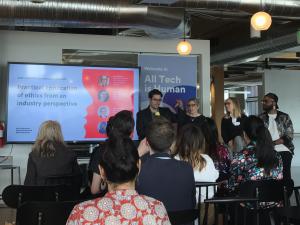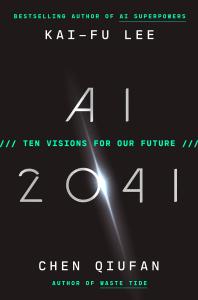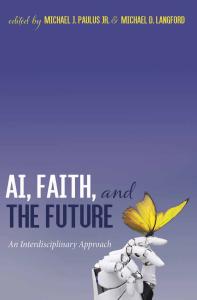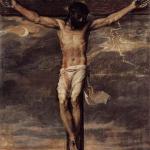Last week I attended a fascinating discussion about ethics and responsible artificial intelligence during Seattle University’s Albers Ethics Week. It was a rich discussion, with many important points raised about diversity, fairness, accountability, and transparency. Given the complexity of the world and issues we’re confronting—especially when we think beyond fixing datasets and models—I was struck most by the pressing need to help designers and builders recognize the values-based choices they’re making as they make technology work.
Many workers are interested in reconciling their values with their work. A number of them were present last weekend at an All Tech Is Human summit in Seattle, seeking ways to “co-create a more thoughtful future towards technology.” A number of important issues were raised and discussed, but a key unanswered question for me is how we address the disconnect between institutional statements of principles (there are now over 70) and the concerns of individual workers.

Part of this requires operationalizing or “translating ethical principles into design protocols,” situated within a broader public governance framework, but certain ethical responsibilities remain with each individual involved in the creation of technology. Artefact, which hosted All Tech Is Human: Seattle, created The Tarot Cards of Tech to inspire conversations about potential impacts of technology. But at David Danks pointed out earlier last week at SU, individuals need help identifying, clarifying, and articulating their own values.
In my administrative, teaching, and scholarly work I’ve found the term “digital wisdom” to be rather helpful and generative for clarifying individual as well as collective values, goals, and actions.
A number of years ago, my colleague David Wicks pointed me to Marc Prensky’s use of the term. Prensky, who popularized the concept of digital natives and digital immigrants near the turn of the century, used the concept of digital wisdom to identify a more important indicator of competence than when a person was born. For Prensky, digital wisdom means “the considered use of digital enhancements” to complement innate abilities and the use of these enhancements “to facilitate wiser decision making” beyond our usual capacities.
By using the term wisdom, Prensky acknowledges that familiarity and facility with technology is not enough: it is important to use technology wisely. And wise use, he points out, can make us even wiser. Technological enhancement can lead to developmental enhancement.
Wisdom also invokes various traditions, philosophical as well as religious, and joining it with the word digital can provide a rich dialogue between ancient and new insights.
In my work, I’ve developed a simple framework for organizing concepts and practices related to digital wisdom:
- Attention: How we concentrate cognitively on things and how attention is related to contemplation and care.
- Analysis: How we critically engage with new and emerging technologies.
- Agency: How we act intentionality and exercise moral agency.
My co-authors on this site and I developed a more robust framework for digital wisdom, which we use to think about the digital transformation of higher education. (That essay is forthcoming in Christian Scholar’s Review later this year.) This fuller framework, which also provided a foundation for this blog, consists of these core elements:
- A shared telos, which attends to goals and ends. For us, this telos is shaped by a theological narrative.
- Cultural exegesis, which analyzes cultural narratives about what we can know, what we may hope, what we should do, and what a human being is (epistemology, eschatology, ethics, and anthropology).
- Counter-formative practices, which align or realign agency with a sense of telos.
This framework may be applied broadly, as well as adapted to more specific topics. For example, I’m working with colleagues to adapt it for thinking about the future of AI, which focuses on technological and theological eschatological narratives.
What are other elements of digital—or, more broadly, technological—wisdom?
















